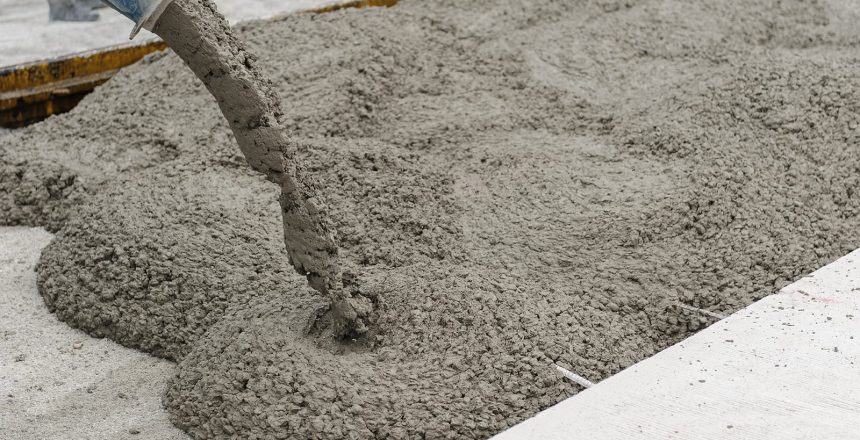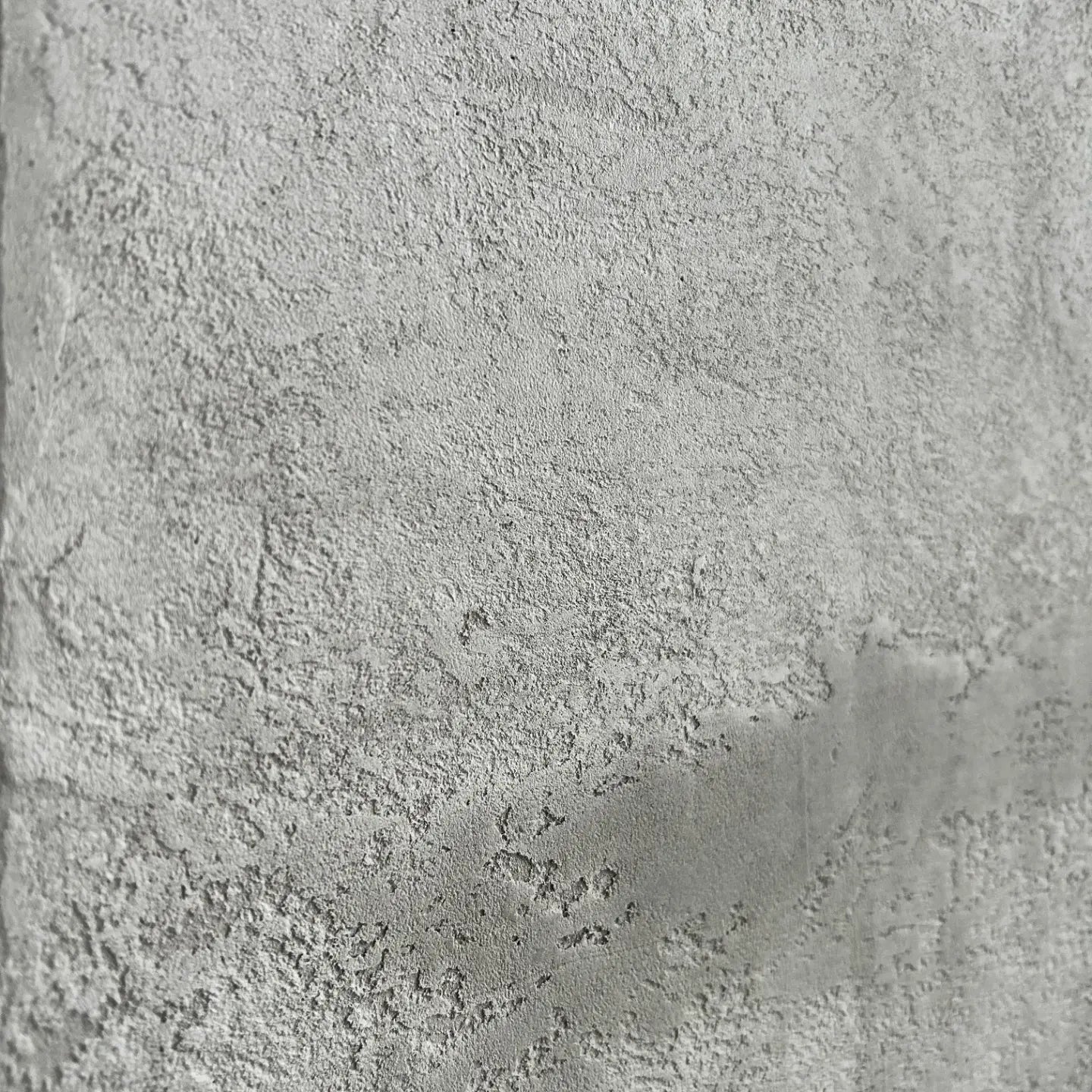Budget-friendly Concrete Solutions: Top Quality Handiwork at Competitive Rates
Budget-friendly Concrete Solutions: Top Quality Handiwork at Competitive Rates
Blog Article
Introducing the Eco-Friendly Advantages of Using Recycled Concrete in Sustainable Construction Practices
In the world of sustainable building and construction methods, the use of recycled concrete stands as a critical yet frequently undervalued resource. Beyond its traditional applications, recycled concrete offers a myriad of eco-friendly benefits that expand much past the confines of typical building products. From reducing ecological influence to enhancing cost-efficiency, the ramifications of integrating recycled concrete in sustainable structure techniques are significant. This functional product not only addresses pushing ecological issues yet additionally provides a sensible solution to the difficulties encountered by the construction sector at big.
Environmental Advantages
By integrating recycled concrete into building and construction methods, there is a significant reduction in the demand for brand-new raw materials, leading to conservation of all-natural sources. In addition, the usage of recycled concrete reduces the quantity of waste being sent to garbage dumps, thereby lowering environmental contamination and relieving the stress on land fill capabilities (Concrete).

Furthermore, the production of typical concrete is a substantial resource of carbon exhausts because of the energy-intensive process of cement production. On the other hand, recycled concrete has a lower carbon footprint as it reduces the demand for new concrete production. This reduction in carbon exhausts adds to mitigating environment modification and sustains sustainable construction practices. On the whole, the ecological benefits of making use of recycled concrete are substantial and play a vital function in promoting green building and construction approaches.
Cost-Efficiency
Attaining cost-efficiency is a critical consideration when analyzing the utilization of recycled concrete in building jobs. One of the vital benefits of utilizing recycled concrete is its cost-effectiveness compared to standard concrete.
In addition, making use of recycled concrete can bring about cost savings in garbage dump prices by drawing away concrete waste from disposal websites. This not just lowers the environmental impact but likewise gets rid of the expenses connected with waste elimination. The sturdiness and performance of recycled concrete are comparable to conventional concrete, making certain that cost savings do not endanger the top quality of the building.
Sturdiness and Strength
Recycled concrete offers similar, if not superior, resilience and strength properties to standard concrete - Concrete. Via innovations in handling techniques and high quality control, recycled concrete can fulfill or exceed the efficiency criteria of standard concrete.

Waste Reduction
Efficient waste decrease practices play a crucial duty in the sustainable application of sources within the construction sector. When it comes to using recycled concrete, waste decrease is a vital benefit that contributes substantially to environmental conservation. Typical construction methods typically create significant quantities of waste, specifically in the kind of concrete debris from demolition sites. By integrating recycled concrete right into building and construction tasks, this waste is repurposed and drawn away from landfills, minimizing the general environmental effect Your Domain Name of building activities.
Furthermore, the usage of recycled concrete can lead to cost financial savings for building and construction tasks, as it is typically extra budget friendly than sourcing and carrying brand-new materials - Concrete. In verdict, waste reduction with the application of recycled concrete is a vital element of sustainable construction methods that profits both the building and the atmosphere market as a whole.
Power Preservation
When it comes to using recycled concrete in building, significant energy savings are achieved contrasted to standard concrete production. The process of producing recycled concrete includes recycling and squashing existing concrete materials, which consumes less power than mining, processing, and carrying raw materials for brand-new concrete manufacturing.
Final Thought
In conclusion, the utilization of recycled concrete in lasting building practices supplies countless ecological benefits, cost-efficiency, durability, toughness, waste reduction, and power preservation. By incorporating recycled concrete right into building tasks, we can add to an extra sustainable and environmentally pleasant future. It is essential for the building and construction market to focus on making use of recycled products to help in reducing the ecological impact of building and construction activities.
One of the vital advantages of making use of recycled concrete is its cost-effectiveness compared More Info to standard concrete.Moreover, the other usage of recycled concrete can lead to savings in garbage dump prices by diverting concrete waste from disposal websites. The resilience and performance of recycled concrete are comparable to traditional concrete, ensuring that expense financial savings do not compromise the quality of the building.

Report this page